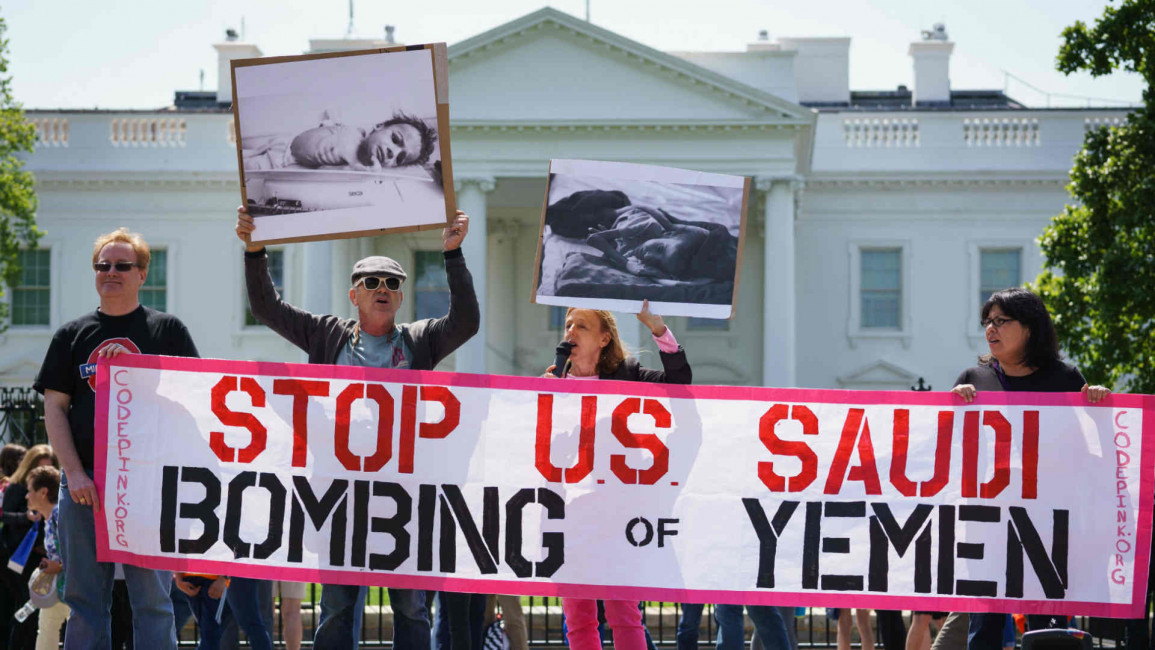Senators to force vote on US involvement in 'unconstitutional and unauthorised' Yemen war
The United Nations has described Yemen, the poorest country in the Middle East, as the world's largest humanitarian disaster.
More than 10,000 people have been killed and tens of thousands wounded in Yemen's three-year-old war, which is seen as both a civil conflict and a proxy war between regional titans Saudi Arabia and Iran.
Since 2015 Washington has provided weapons, intelligence and aerial refuelling for a Saudi-led coalition which has conducted airstrikes against the Houthi rebels.
Senators Bernie Sanders, Mike Lee and Chris Murphy said in a joint statement that their resolution would force the first-ever vote in the Senate "to withdraw US armed forces from an unauthorised war."
"We believe that, as Congress has not declared war or authorised military force in this conflict, the United States involvement in Yemen is unconstitutional and unauthorised, and US military support of the Saudi coalition must end," said Sanders, who is an independent but ran for the Democratic presidential nomination in 2016.
President Donald Trump's top military and diplomatic advisers said last October that the administration was not seeking new authority for conducting military operations in the world's hot spots.
Twitter Post
|
Congress first passed an authorisation to use military force, or AUMF, on September 14, 2001 - three days after the devastating attacks on New York and Washington by al-Qaeda hijackers.
Since then, presidents George W. Bush, Barack Obama and now Trump have relied on the order's authority, along with a subsequent AUMF in 2002, as they launched operations against armed groups in far-flung battle zones around the world.
Several Democrats, and some Republicans, have warned that the 15-year-old authorities are licenses for endless US military engagement.
Lee, a conservative Republican, said the measure can help Congress reassert its power over foreign policy decision-making.
"It can authorise - or decline to authorise - military engagement and define US national interests," Lee said.
The four-page measure notes that according to the 1973 War Powers Resolution, if US forces are engaged in hostilities outside the country absent a declaration of war, "such forces shall be removed by the president if the Congress so directs."
The measure is invoking the provisions of a little-known bill that can force a Senate floor vote on such a privileged resolution.
A similar effort, introduced last year in the House by two Democrats and two Republicans, has 50 cosponsors.
If the vote is passed, it could prove detrimental to President Trump's close allyship with Saudi de facto leader Mohammed bin Salman, who is set to visit Washington later this month.



